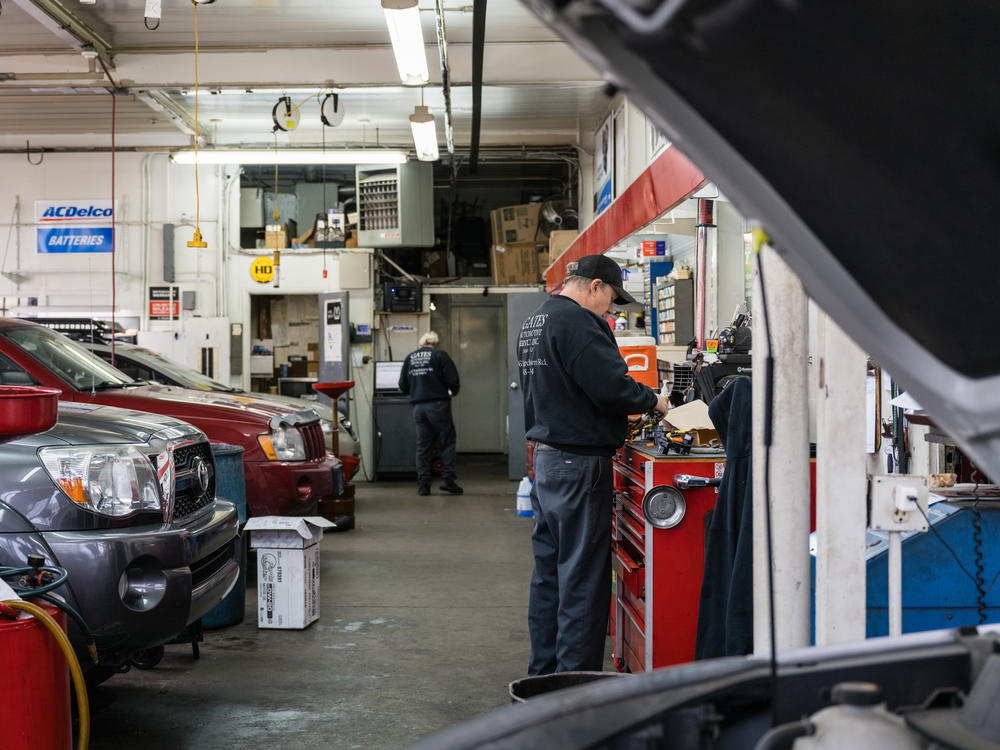Section Branding
Header Content
It's time to move your clocks forward — and to check if your car is being recalled
Primary Content
A shoddy part. Faulty design. A mistake on the assembly line discovered too late. All those things can cause potentially dangerous flaws in vehicles. And when automakers discover them, they're required to fix them, for free.
And while manufacturers have to send out letters to notify drivers, it's all too easy to miss the memo. The result? Millions of vehicles are driving around with potentially dangerous problems, which owners could get fixed for free — if they knew about it.
That's the logic behind the National Highway Traffic Safety Administration's "Vehicle Safety Recalls Week," which started in 2020 and now happens twice a year, including March 4-10 this spring.
It almost takes longer to say the name of the week than to explain it.
The idea: when the clocks change — like they will on Sunday — check for recalls.
Last year there were a thousand recalls, affecting some 40 million vehicles and equipment (car seats get recalled, too, in addition to vehicle parts).
A sizable chunk of recalled vehicles don't get fixed. According to data NHTSA sent to Congress a few years ago, nearly a third of vehicles recalled in 2018 were not fixed by 2021.
NHTSA tried to account for vehicles that had been taken off the road in this analysis, although it warned the data was imperfect.
And the problem is particularly acute for older vehicles, which aren't under warranty (meaning they're less likely to be brought into a dealership, where the free fixes are offered) and have likely changed hands several times, making it harder for companies to reach owners.
How to check on recalls
NHTSA wants everyone to go to NHTSA.gov/recalls, or use the SaferCar app, to see if their vehicle has any unrepaired recalls — whether it's a new recall they missed, or an old one they never noticed.
Consider the Takata airbag recall, which started more than a decade ago. Ultimately some 67 million U.S. cars were recalled for the potentially fatal flaw in their airbag inflators.
"We do know that there are still millions of those out on the road," says Sophie Shulman, deputy administrator of NHTSA.
Some of them, she notes, are now under "do-not-drive" advisories.
"So that is a great example of why it's so important to to check and see if you have an open recall and to get it repaired immediately," Shulman adds.
For some unrepaired recalls, drivers might have tried to get a recall fixed but there weren't parts available. Or they were worried about going without their car, or didn't realize the fix was free.
Making recall fixes more convenient can help increase the number of recalls that get repaired. And for years, consumer groups have been trying to pass laws requiring used car dealers to fix recalls before selling a vehicle as another way to tackle this issue.
But this week, it's all about nudging drivers to check — at least twice a year — so that at least they know if their car has a dangerous problem they could get fixed for free.

